Glasgow Film Festival: A look back at the past 20 years
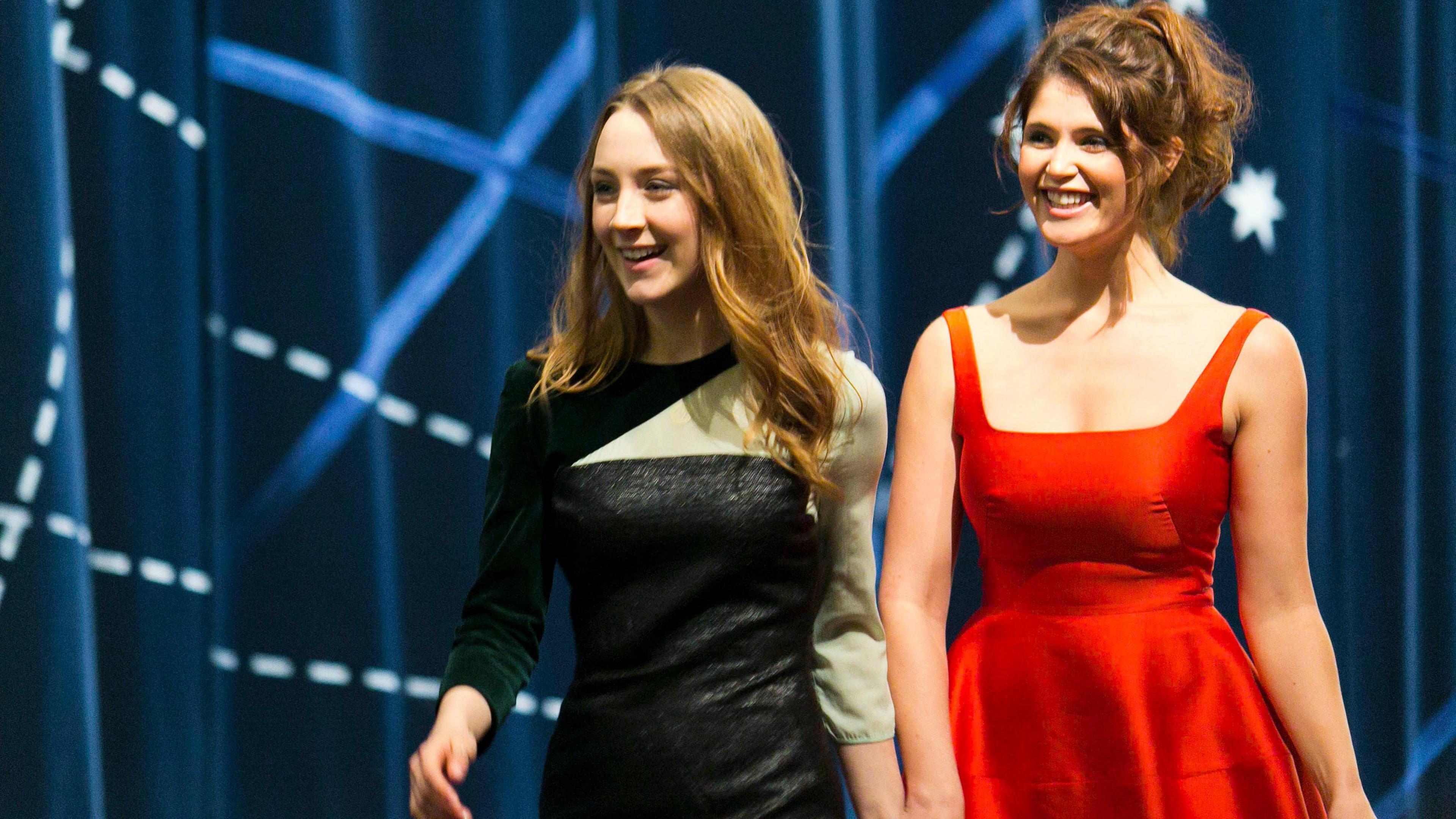
Saoirse Ronan and Gemma Arterton were guests in 2013 for their movie Byzantium
- Published
When the Mostra internazionale d'arte cinematográfica first began in 1932, it was the only film festival in the world.
Today the Venice Film Festival, as it’s better known, is one of more than 3,000 worldwide.
Into that overcrowded market came the Glasgow Film Festival in 2005.
Scotland’s fledgling industry was already well served by the Edinburgh Film Festival, which established was after World War Two alongside the other international arts festivals.
So the founders of Glasgow decided to focus on being small, local and friendly.
Glasgow Film Festival to celebrate 20th birthday
- Published7 December 2023
Viggo Mortensen to appear at Glasgow Film Festival
- Published25 January 2024
Their base in the Glasgow Film Theatre (GFT) - previously the art deco Cosmo -offered cinematic heritage to rival older festivals and a local audience passionate about international film.
They were also an audience with wide ranging tastes, willing to try anything new, leaving early programmers able to look beyond the limited mainstream releases which were snapped up by more established festivals.
Without big names and glitzy premieres, it was the audience who got to be the centre of attention. It was they who walked the red carpet and enjoyed a glass of fizz.
Tickets for the opening gala automatically included an invitation to any after show party where film makers and film fans were equally welcome.
It was quickly dubbed “one of the friendliest film festivals in the world”.
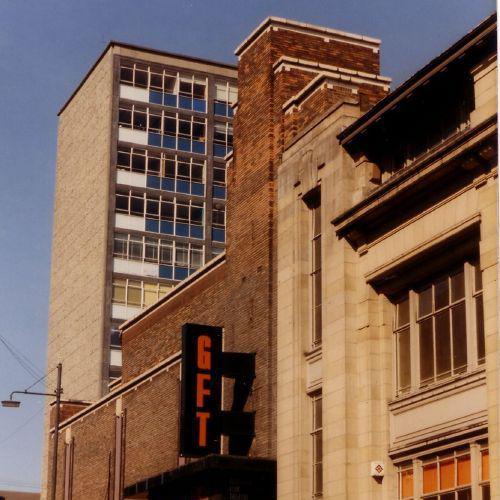
The Glasgow Film Theatre in the 1980s
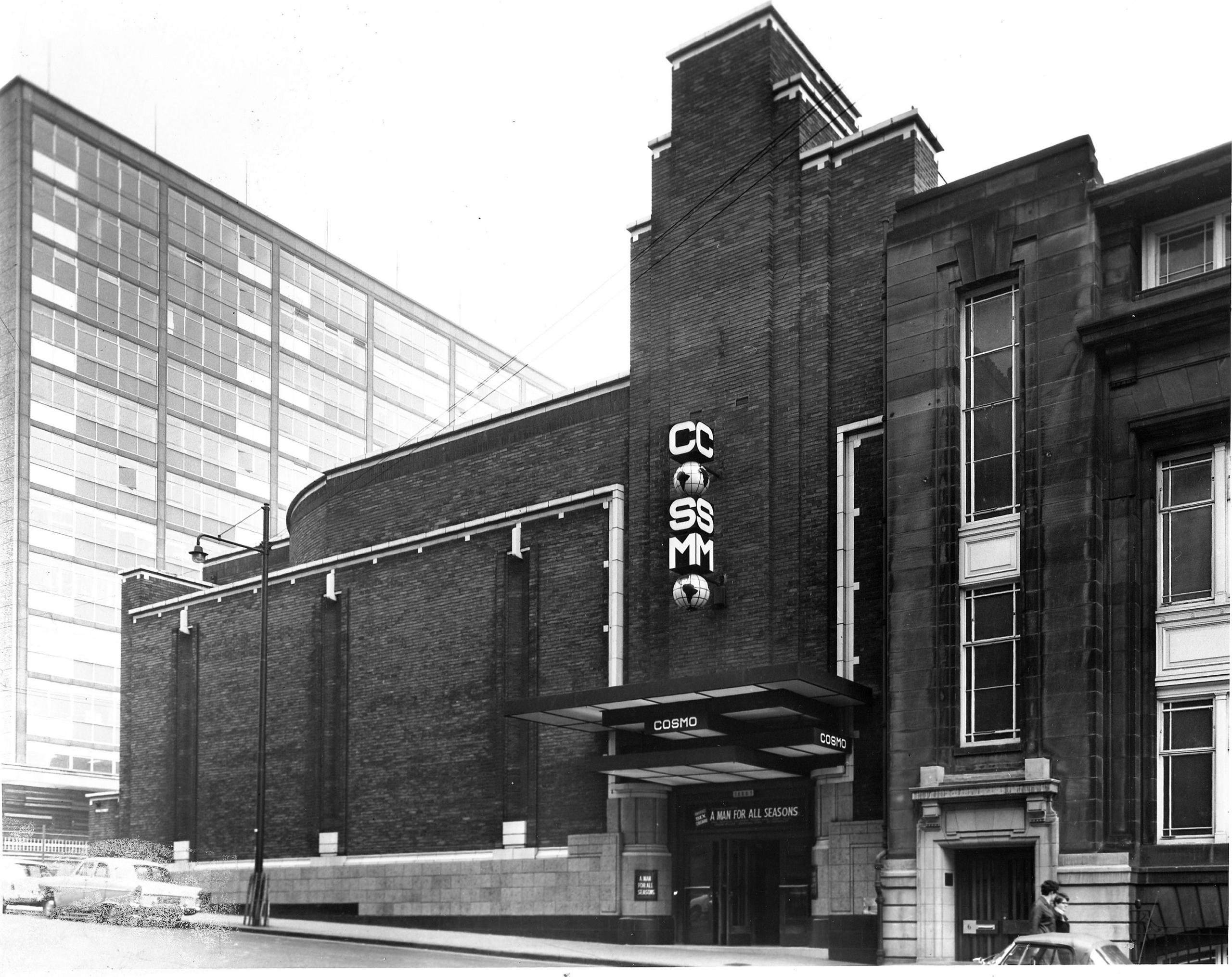
The Cosmo cinema in 1970, before it became The Glasgow Film Theatre
The first year attracted fewer than 5,000 people but as word spread, the numbers grew. By 2013, that was close to 40,000.
And it wasn’t just audiences who liked the vibe of a smaller, more intimate festival.
This year, the programme will be celebrating the 20th edition of the film festival, 50 years of the festival's home - the Glasgow Film Theatre (GFT) - and 85 years since the cinema was first built.
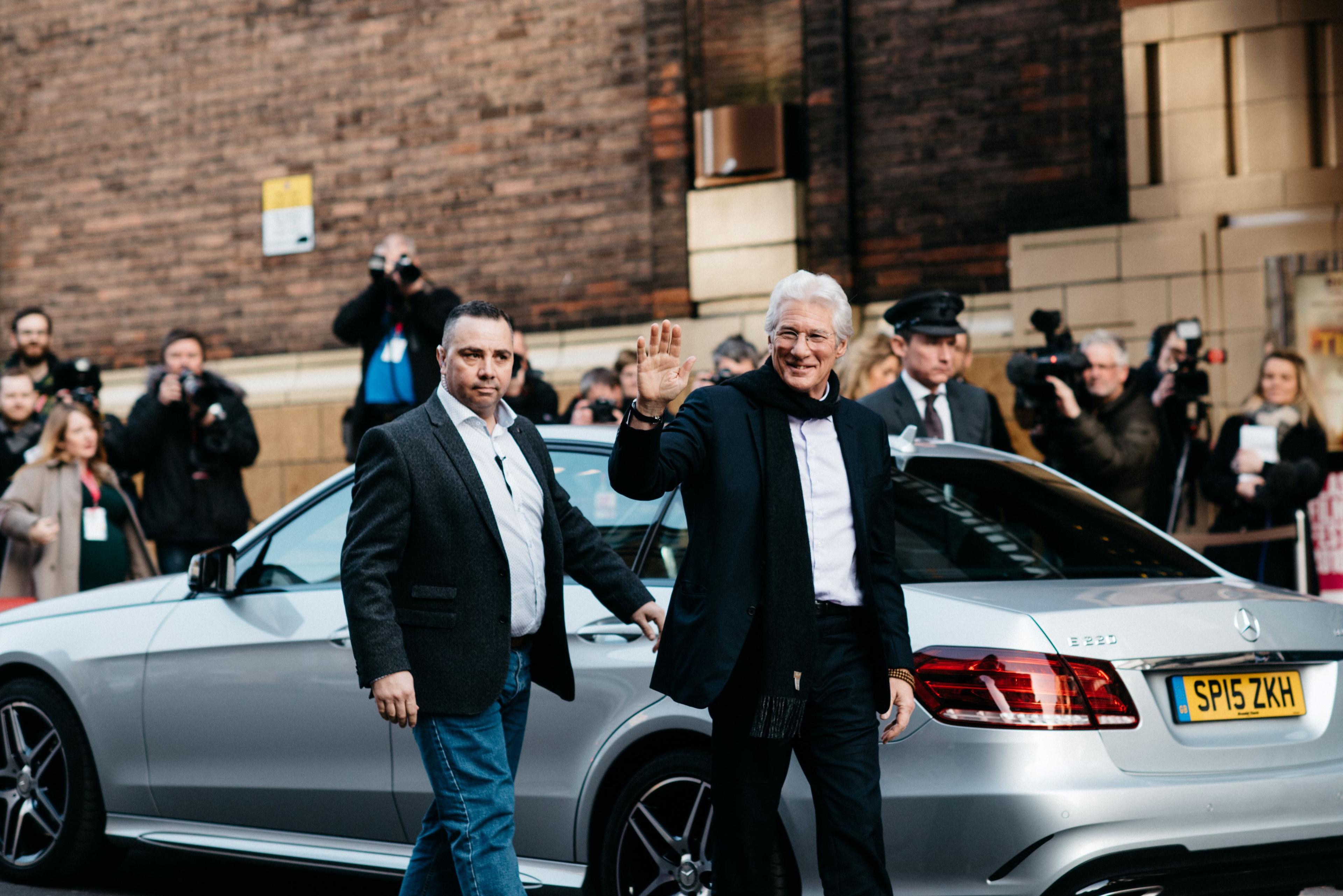
Richard Gere skipped the Oscars for the 2016 festival
In 2016, Richard Gere came to the festival to introduce the film Time Out of Mind.
A low key indie film about a homeless man (played by Gere) it attracted a sell out crowd, not to mention a level of security the festival had not encountered as the Hollywood star was escorted from hotel to hub to cinema.
The experience clearly appealed to him more than the Oscars, which have clashed with the closing weekend of the festival since it first began.
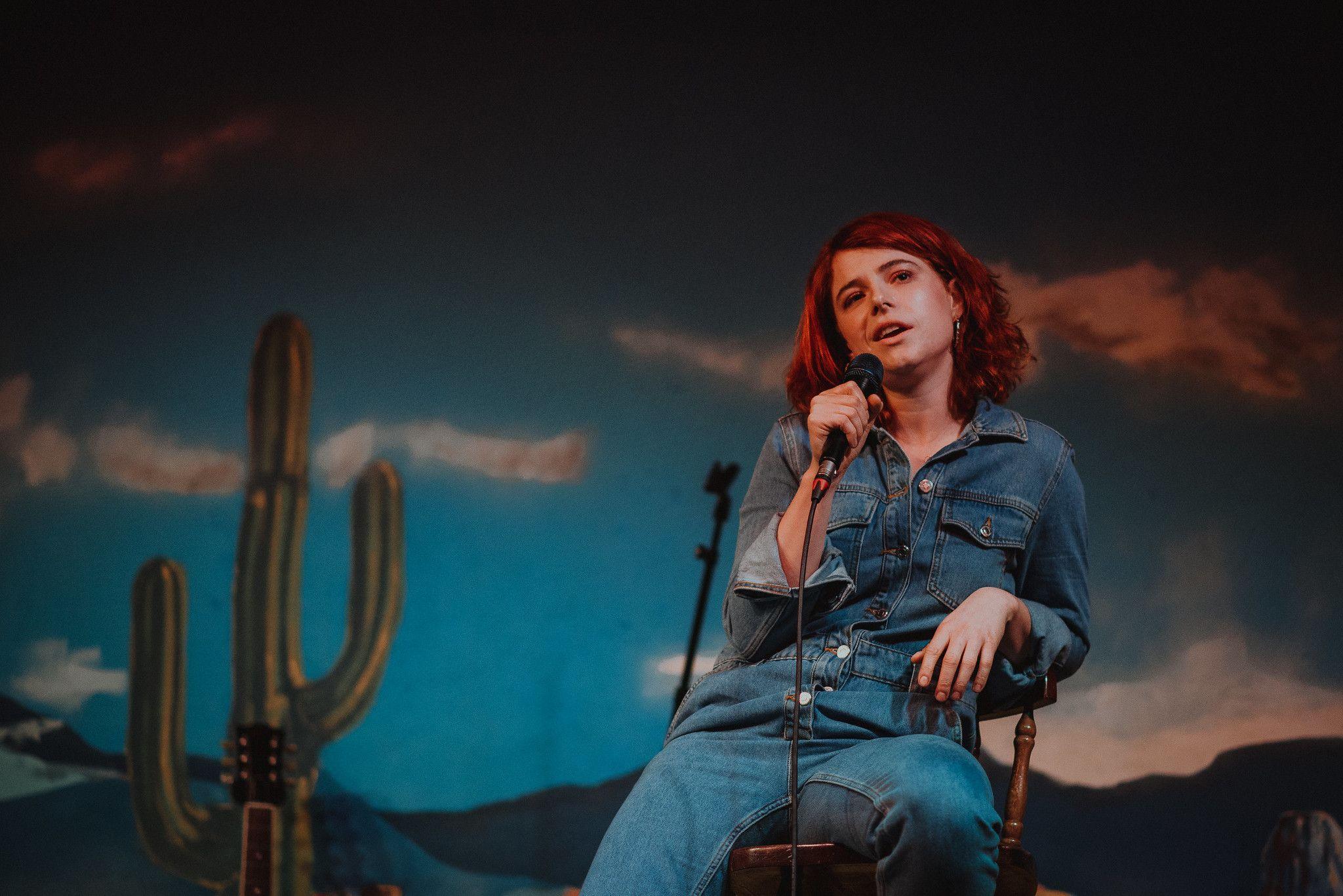
Jessie Buckley promoted her film Wild Rose in 2019 at Glasgow’s Grand Ole Opry
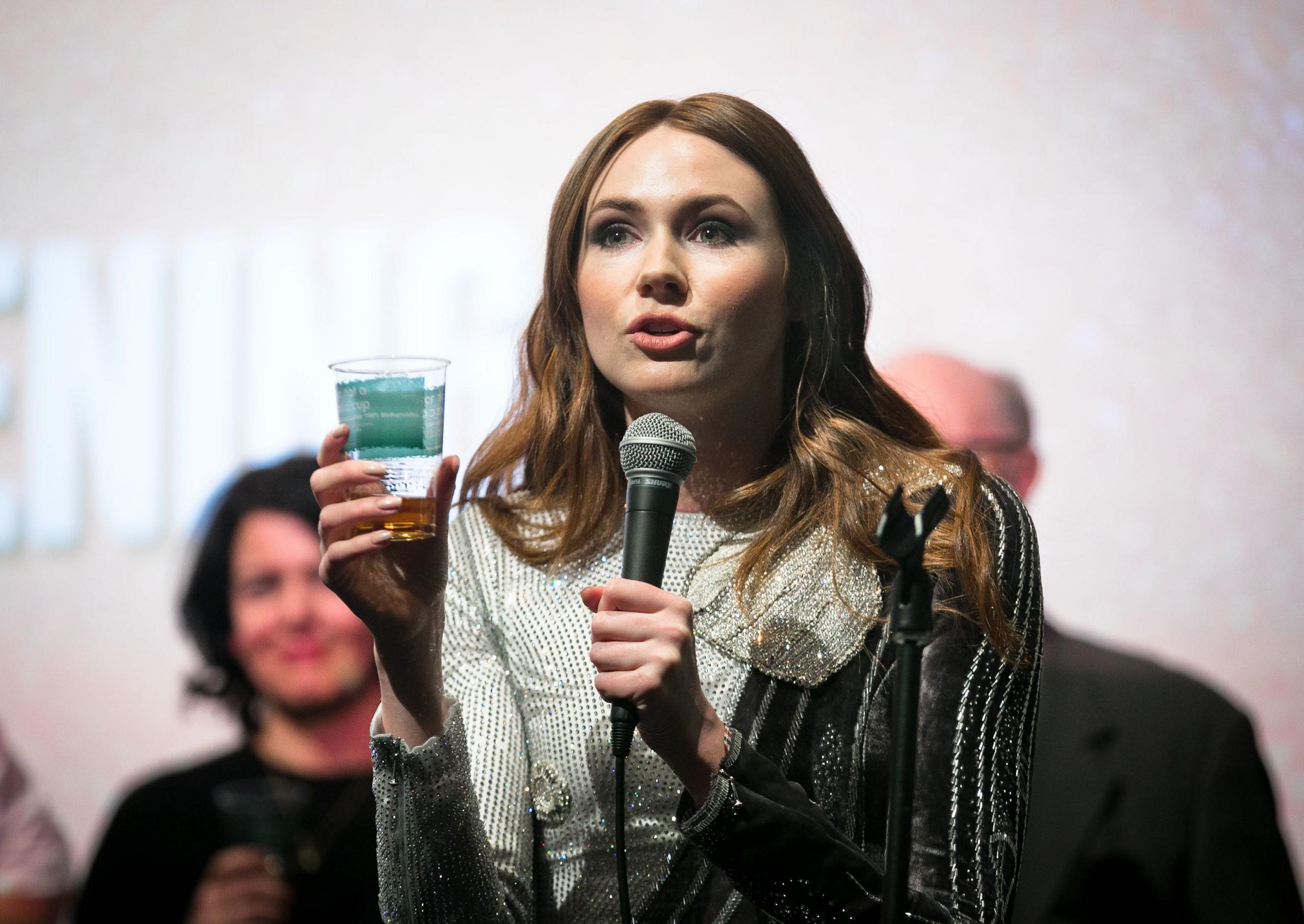
Karen Gillan at the UK Premiere of her directorial debut The Party's Just Beginning
David Tennant has brought several films to the festival, including the biopic Mad to Be Normal about Scottish psychiatrist RD Laing in 2018 and the rom com Me You and Him in 2019.
James Earl Jones, Alan Rickman, Bo Burnham, Karen Gillan, Jodie Whitaker, Saoirse Ronan, Kelly Macdonald and Simon Pegg have all attended.
Some, like Jessie Buckley whose film Wild Rose screened there in 2019, embraced the sense of fun which sees films spill out of cinemas into other events. In her case, that involved a live country and western set, with line dancing in Glasgow’s Grand Ole Opry.
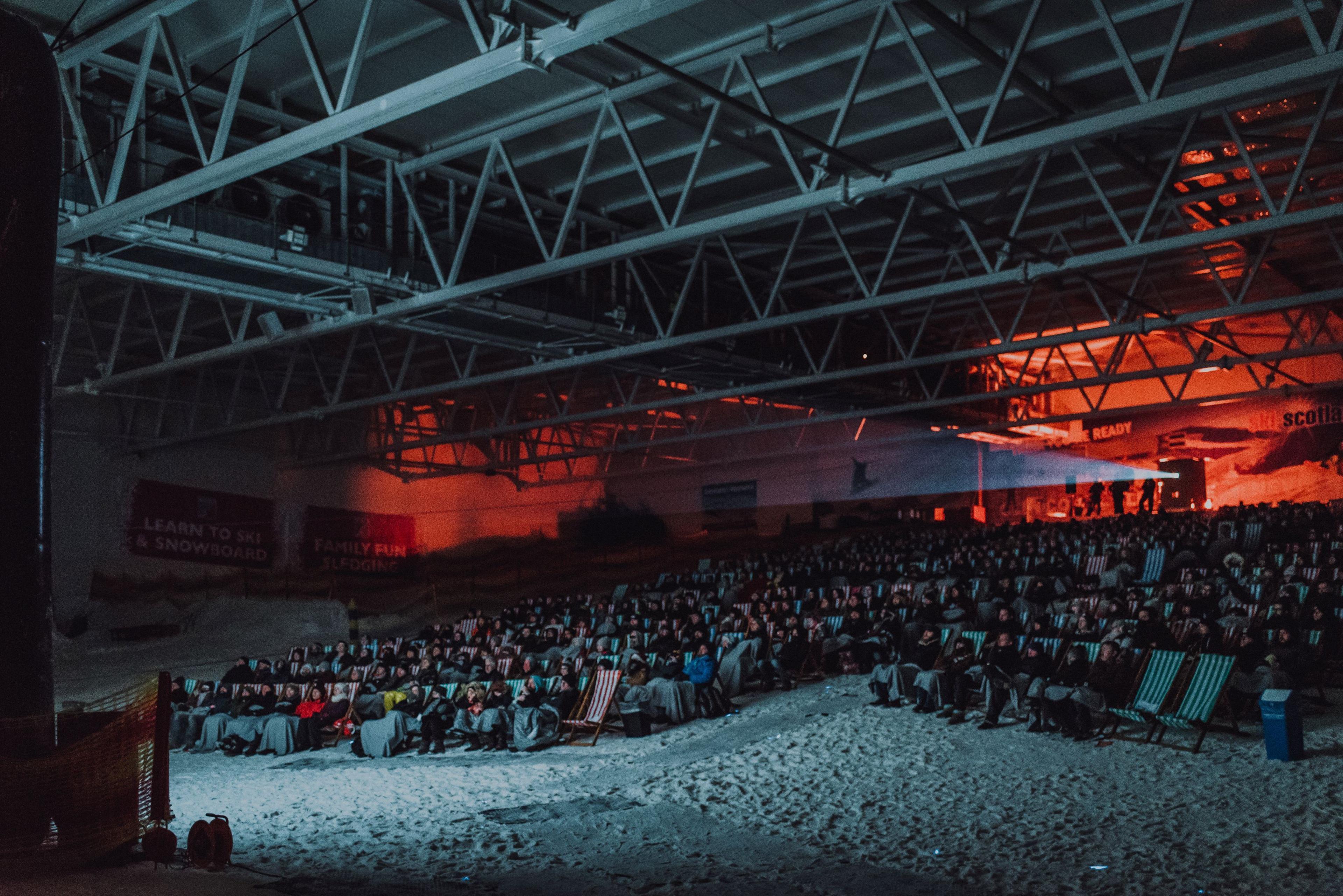
The Thing screening on a real snow slope in 2017
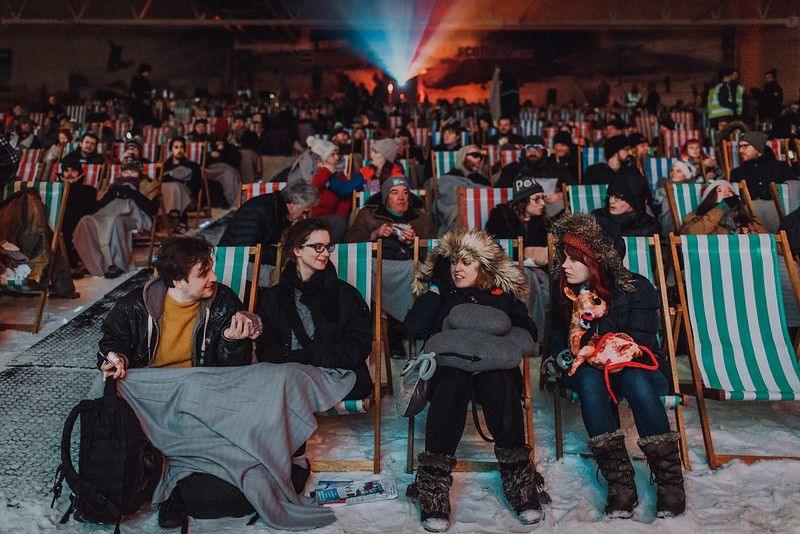
One of the many non-cinema locations for screenings
The fun aspect also appealed to the cast and crew of cult Scottish films like Gregory’s Girl and Small Faces which reunited them on home turf for anniversary screenings.
The festival has expanded into other cinemas – notably Cineworld and the CCA (Centre for Contemporary Arts) - but it’s also prided itself in screening films in non-cinema locations, like Jaws on board the tall ship Glenlee, Indiana Jones in Kelvingrove Art Gallery (complete with giant boulder) and The Thing in an indoor ski slope.
Expanding into other spaces means the festival has been able to retain its sense of intimacy, and the excitement which comes from sell out events.
It has also helped them mix and increase its audience.
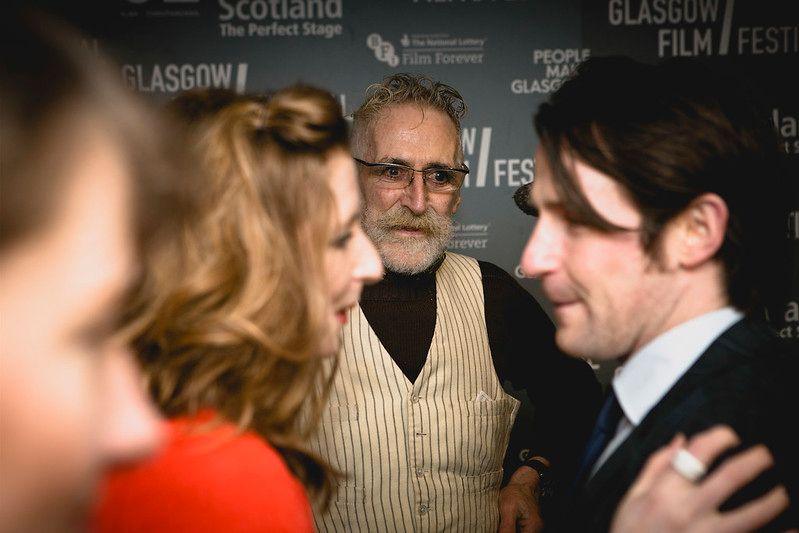
John Byrne at the Slab Boys Reunion Screening in 2017
The Frightfest strand, a selection of films programmed by the organisers of the London-based horror film festival of the same name has been running for 19 years. It’s responsible for bringing a London audience to Glasgow, many of whom became loyal to the main festival.
The rise of the Glasgow Film Festival has coincided with the slow decline of the Edinburgh International Film Festival which went into administration in 2022.
The hope is that under new director Paul Ridd, and chairman Andrew Macdonald, it can be revived, something the Glasgow Film Festival are keen to see happen, now they’re an established part of the calendar.
It’s a precarious sector. Festivals have come and gone in the past 20 years. The Shetland festival Onscreen – established in 2006 before the island had a formal cinema – announced the 2023 event would be the last.
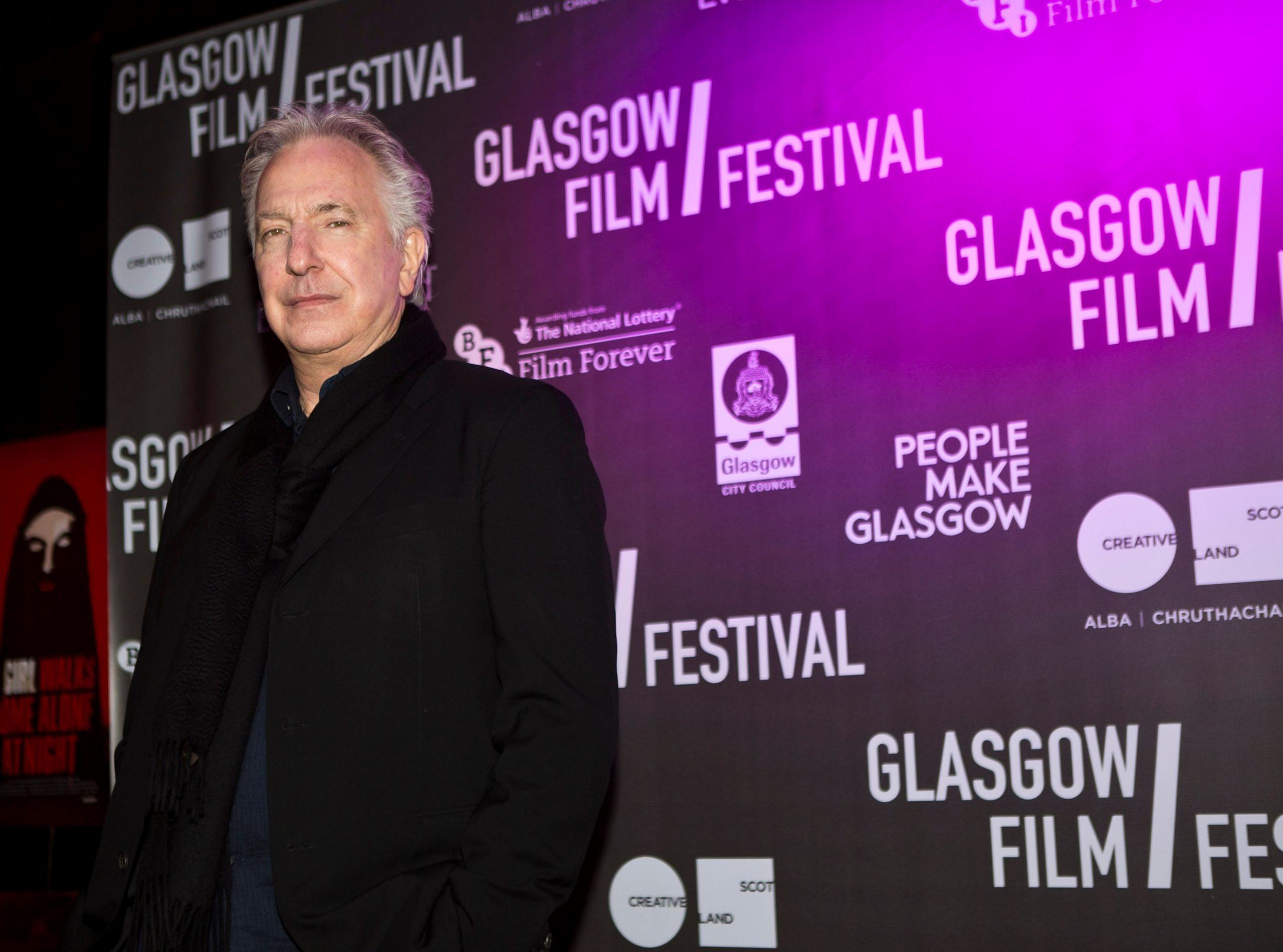
Alan Rickman at the festival in 2015
And Glasgow has had its challenges.
In 2018, the Beast from the East wreaked havoc with their programme. Local support proved vital as only those within walking distance of the cinema could get there for at least a few days
The 2020 festival was one of the last events to be staged before the Covid 19 pandemic. On the closing night, I recall doing an interview with Saudi director Haifaa al-Mansour, director of The Perfect Candidate, who had just arrived from the airport. As I reached to shake her hand, she offered her elbow.
Glasgow Film Festival survived it all and tonight its loyal audience will be sitting comfortably, ready to raise a glass and once more leap into the unknown.
The Glasgow Film Festival, external runs from Feb 28 to March 10th.
Get in touch
What stories you would like BBC News to cover from Glasgow and the west of Scotland?